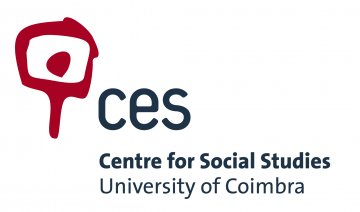Centre for Social Studies - University of Coimbra
The Centre for Social Studies of the University of Coimbra is a scientific institution focused on research and advanced training within the Social Sciences, the Arts, and the Humanities through an inter- and transdisciplinary approach. The Ministry of Science granted CES the status of Associated Laboratory in 2002, recognising its contribution to public policies, advanced training and the dissemination and sharing of knowledge.
Since its foundation in 1978, CES has been conducting research with and for an inclusive, innovative, and reflexive society by promoting creative, critical approaches in the face of some of the most urgent challenges of contemporary societies. Its goal is to continue engaging generations of exceptionally talented researchers and students in the field of Social Sciences and the Humanities. CES was classified as "Excellent" in the last international evaluation process carried out by the Portuguese Foundation for Science and Technology.
CES's scientific strategy aims to democratise knowledge, revitalise human rights, and contribute to the establishment of science as a public commodity. We pursue this mission by continuously reshaping our research fields in response to the needs of society. Our work covers a wide range of scientific activities and scope at the national and international level, with a particular focus on the North-South and South-North dialogues, contributing to the development, dissemination, and application of cutting-edge science and advanced research and training of excellence.






